Living in Tokyo: A real hassle just to find a tiny room
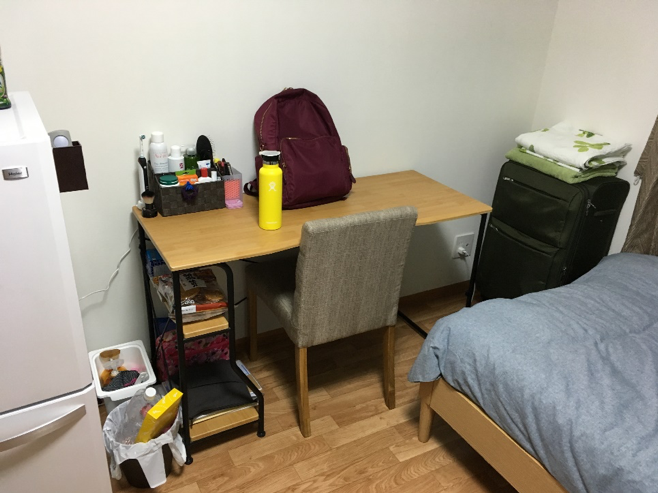
Finding accommodation in Tokyo might be tricky, considering the size of the population and the number of international students who come and go or come and stay. So Madina Balgabek started looking for a place as soon as she applied for the exchange program, but she quickly found out that it wasn't easy at all.
I was very excited about living in a megalopolis. But I realized soon enough that Japan works differently to Denmark. People don’t plan that far ahead with renting accommodation. Every time I found a perfect place that I wanted to reserve and even pay rent for in advance, the rental company would tell me that it wasn’t available or that I couldn’t book that far in advance.
So I checked the website for shared housing and apartments once in a while to see if there was anything new and available. There were a few times when I wanted to reserve an available apartment, but the staff told me that if I wanted to do that, I would have to start paying rent immediately before my arrival in Japan. Obviously I thought that was ridiculous and rejected the offer of wasting 5,000-6,000 DKK a month for a property that I would not physically be living in yet.
During my previous exchange in Japan, which was at Tsukuba University – an hour away from Tokyo, the university provided me with detailed information on dorms and prices. I was guaranteed to have at least one option, which avoided any headaches. This time it was different to what I expected from the Japanese side.
I contacted my university coordinator as soon as I was chosen and was permitted to contact them regarding rooms at their university dormitories. They told me that I was not guaranteed a place in the dormitory under the agreement with CBS. I then contacted the dormitory office and asked if it would be possible for me to get a room in any of their three dormitories around campus. They told me that they have a long list of students who come to Waseda University under certain agreements and that I was not one of them. Therefore I was not permitted to request a room.
I had three options left: stay with Japanese family, request a room at a third-party company, or find accommodation myself. I did my research and Excel calculations on the best options but there were a few reasons why I felt uncomfortable with the first two.
In the case of staying with a Japanese family, I would not be allowed to stay in the house during the holidays or if the hosts were traveling, which made absolutely no sense to me. I was planning to travel during the off-school days and weeks anyway, but I didn’t like the idea of hosts saying that I couldn’t stay from this to this date. It would create a lot of stress finding a temporary place during the high season and holiday periods.
Also, staying with a Japanese family meant that I would have to eat breakfast and dinner with them or at least I would have to pay for it. I really like Japanese food but sometimes I just want pasta or Pad Thai, and I wanted to explore local restaurants. I was also not allowed to come home very late or bring friends over, which meant that I would not have been able to go out after school and stay later than usual. So all of these reasons made me consider the other options more carefully.
I visited the website of a company that provided Waseda University with student rooms. The first thing I realized was the various fees that I would have to pay and how prices skyrocketed, the closer the rooms were to the university building. All of them had a contract fee, which is for creating a contract between the landlord and the tenant, which was around 20 to 30 thousand yen (1100-1700 DKK).
Then most of them had a deposit fee, which is understandable, but sometimes it was non-refundable or partially refundable, which is different from what I am used to in Denmark where you get the full amount back as long as you don’t break anything. Then they had a maintenance fee, which is mainly a flat fee for utilities and the internet. In addition to that, some of them had key fee. And I still don’t understand what that’s for.
So at the end of the day, a room that is reasonably close to the university would cost me 6,000-7,000 DKK. Compared to Denmark, where you can find a nice big room close to CBS in an apartment with two or three people, this was way too expensive for me – especially considering that I would get a room that was around 10-12 sq.m with a shared common area, kitchen and a couple of showers for 10-15 people.
So I decided to try and find my own place. The most common websites that were recommended by foreigners and locals on forums and Facebook were OakHouse, SakuraHouse and TokyoShareHouse.
At the beginning of August, a month before arriving in Tokyo, I found a place that was a 15-minute train ride from the university at 73,000 yen (4200 DKK) month – including utilities and an additional 20,000 yen (discounted from 30,000 yen as a summer offer) (1100-1700 DKK) the contract fee. I was very happy that it had direct transportation to the university and that it was in the popular area of Nakano.
As soon as I arrived, I was deeply disappointed with the house because it was nothing like the photos on the website. I paid an additional fee of 9,000 yen (520 DKK) get all the bedding that was supposed to be ready for me for my arrival but was not in the room. The room was 6.6 sq.m and had a very strong smell of mold. The bed was dirty and the mattress had stains on it.

The common area was small and consisted of two parts: the kitchen and an entrance. The entrance was buried in shoes and had an eye-wateringly bad smell when you entered the building and it continued into the kitchen where people would cook and take their food to their room because it was really unpleasant just being in that room.
The showers had moldy slimy walls. The toilet had a crack in it and a note above it saying “Please aim better”. The cleaning personnel seemed to have given up trying to clean the house so long ago that the piggy figure had grown some ‘hair’ from a layer of dust.

I met with the house manager the next morning and asked her to move me because the room was a health hazard with all the mold, and the fact that the photos were so different from reality that it was hard to see that it was the same room. It took half a day of calling the ‘big boss’ and awaiting the reply before it was finally decided that I could choose another building from this company.
I agreed to see one and said that if I didn’t like it that I would want a refund and move out immediately without spending another 24 hours there. My house manager took me to another shared house that was much further away, but promised it was cleaner.
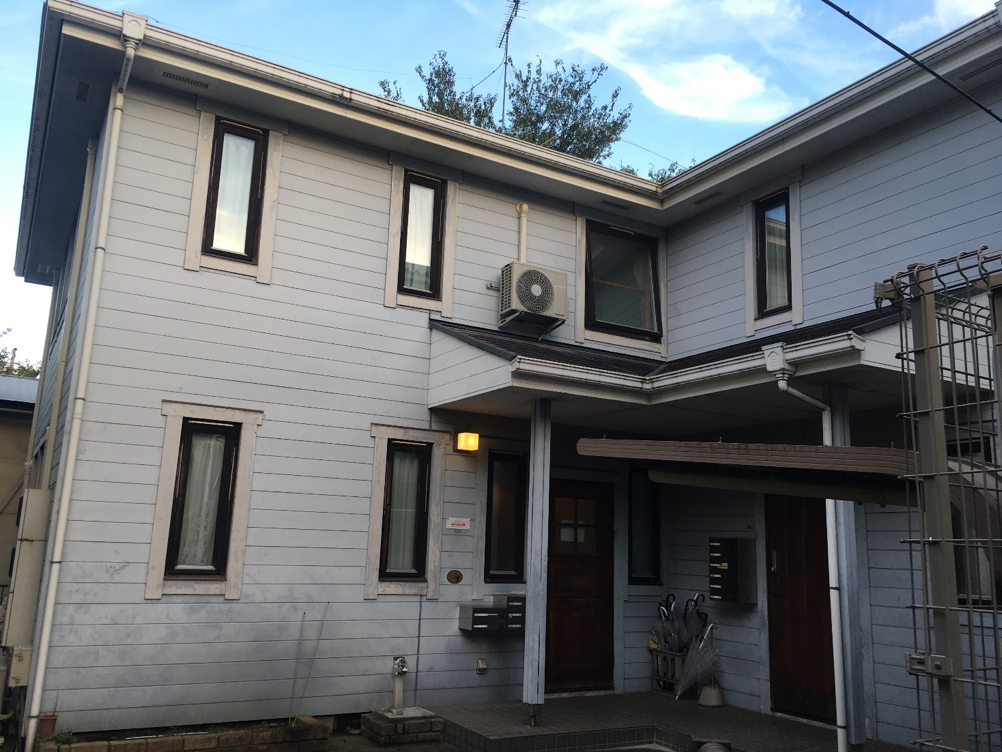
As soon as we arrived at the house, I liked that it had a kitchen that was separate from the entrance with all the shoes. The smell was there but at least there was a shelf with doors where people tried to fit in all their shoes.
My room was on the second floor and was much bigger. It was clean and the air conditioning worked properly and it even had a wardrobe. The second floor only had a toilet and sink, but the first floor had two shower cabins and an additional toilet and sink. The house was divided into two parts, but in total we were 10 people sharing two showers and two toilets. I thought it was a great house even though it was much further away than I wanted to be, and in an area where foreigners don’t usually live.
So I stayed in the house.
The house is occupied by Asian females. The girls are from China, Taiwan, South Korea and Japan – so even I fit in with my Kazakhstani citizenship. My room is very big in Japanese terms.
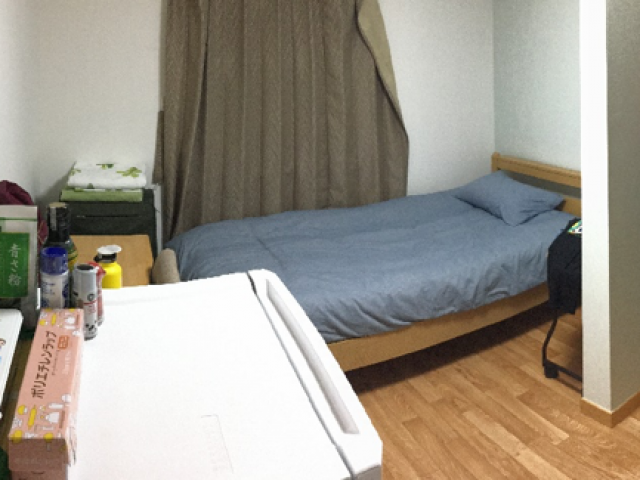
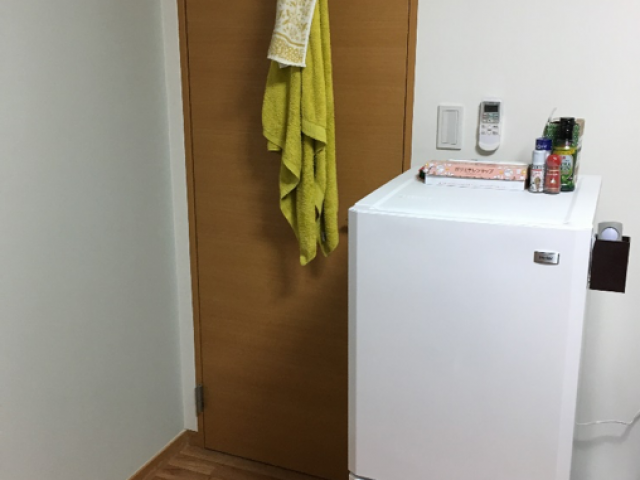
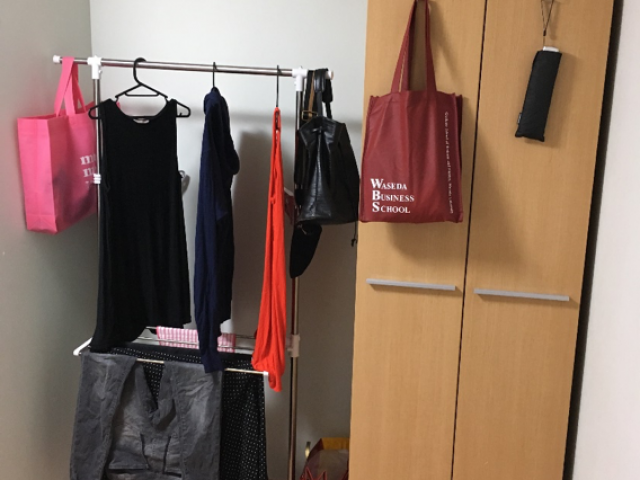
It has a single bed with a nightstand and air conditioning above the bed. It has a wardrobe, desk and chair and even a fridge. I had to buy a drying rack because it keeps raining in Tokyo and the washing machine has a poor drying system.
I pay 67,000 yen (3800 DKK) month for this place and it takes me 40-45 minutes with one transfer from train to metro to get to the university. I am happy with the room and have started to make friends with my neighbors.
We all have a common interest – Korean and Japanese drama TV shows.
It might be far from the center of action in Tokyo, but living with locals is very calming and means that I can explore something ‘non-touristy’ such as the Kami-Igusa area.



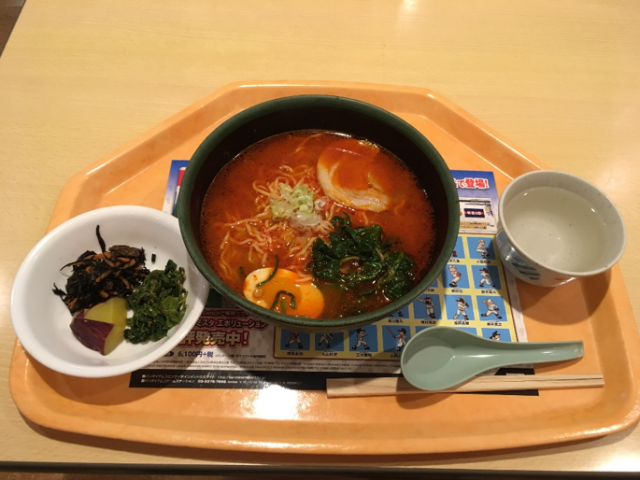

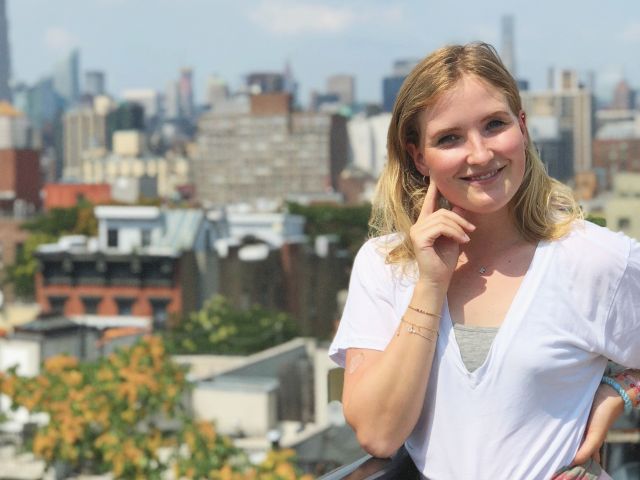


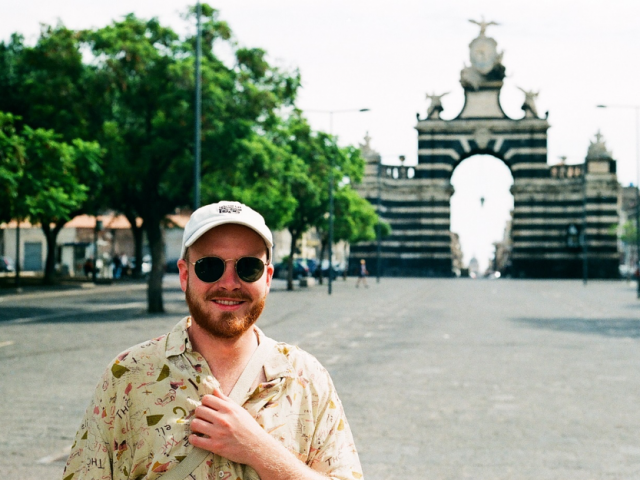




























































































































Comments